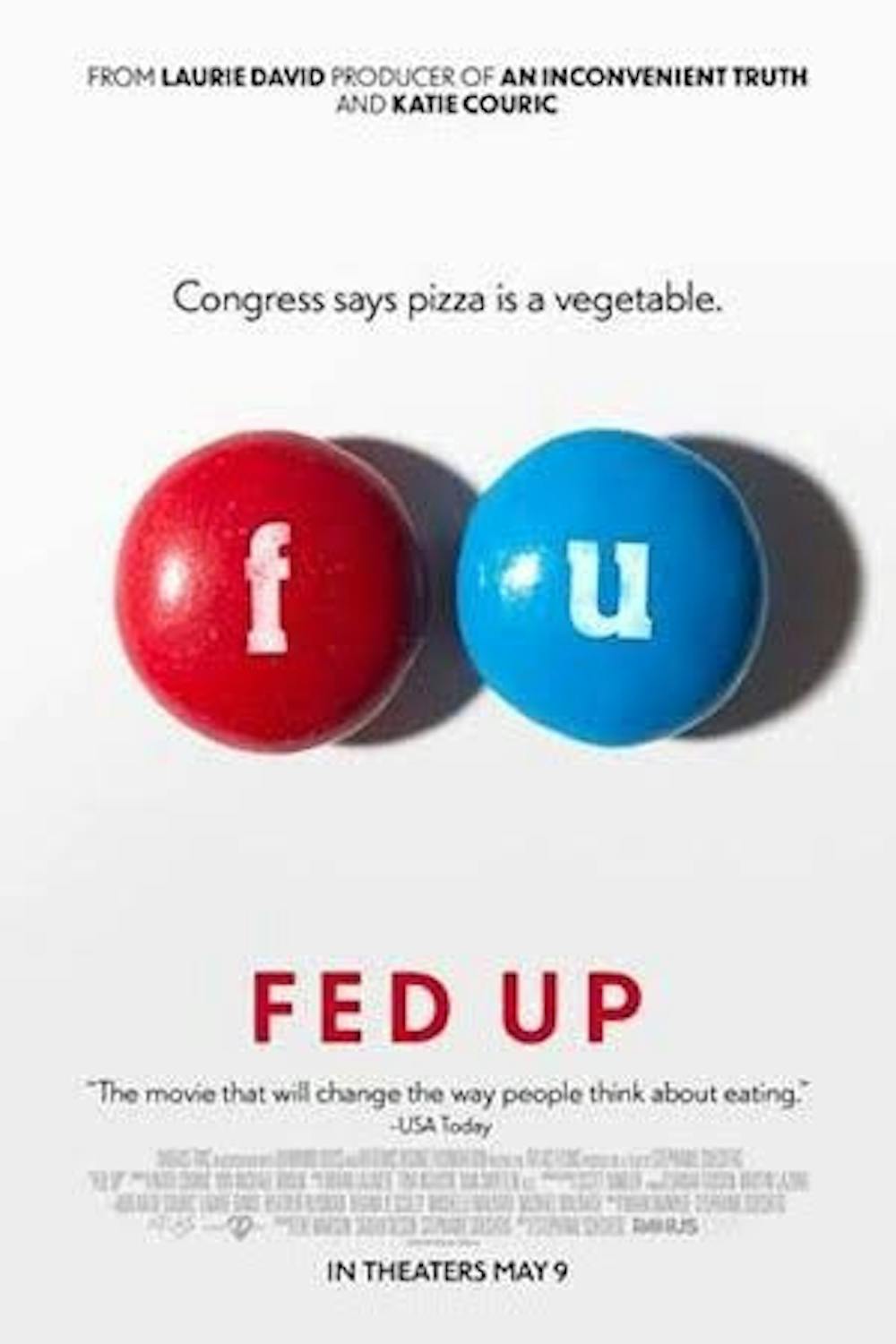What the University’s Bioethics Club’s screening and discussion of the 2014 documentary “Fed Up” lacked in grandeur, the club made up for in substance. Held on Oct. 14 in Wilson Hall, the club’s event hosted a modest number of students who, after partaking in the provided snacks and contents of the movie, responded to provocative discussion questions offered by a Bioethics Club representative.
“Fed Up” most certainly lends itself to fervent dialogue. The film seeks to rid its viewers of common misconceptions about childhood obesity in America, to make clear the dangers of processed foods and to explain the societal forces behind what it calls an “obesity epidemic.” Discussion of the movie centered on responsibility for childhood obesity, its effects and whether parents, politicians, big business or obese kids themselves are to blame — all of which illuminated the bioethical issues at the heart of “Fed Up.”
Those attending an event like this should not expect anything too fancy. However, attendees should anticipate acquiring a new and more enlightened perspective from the film and what the Bioethics Club presents in the following discussion. Viewers may feel paranoid about the sugar content of certain foods in the University’s dining halls and might wonder what — if any — moral considerations went into deciding to serve soda at every dining hall. Without attending the Bioethics Club’s screening of “Fed Up,” questions such as these may not have even begun to cross students’ mind.







